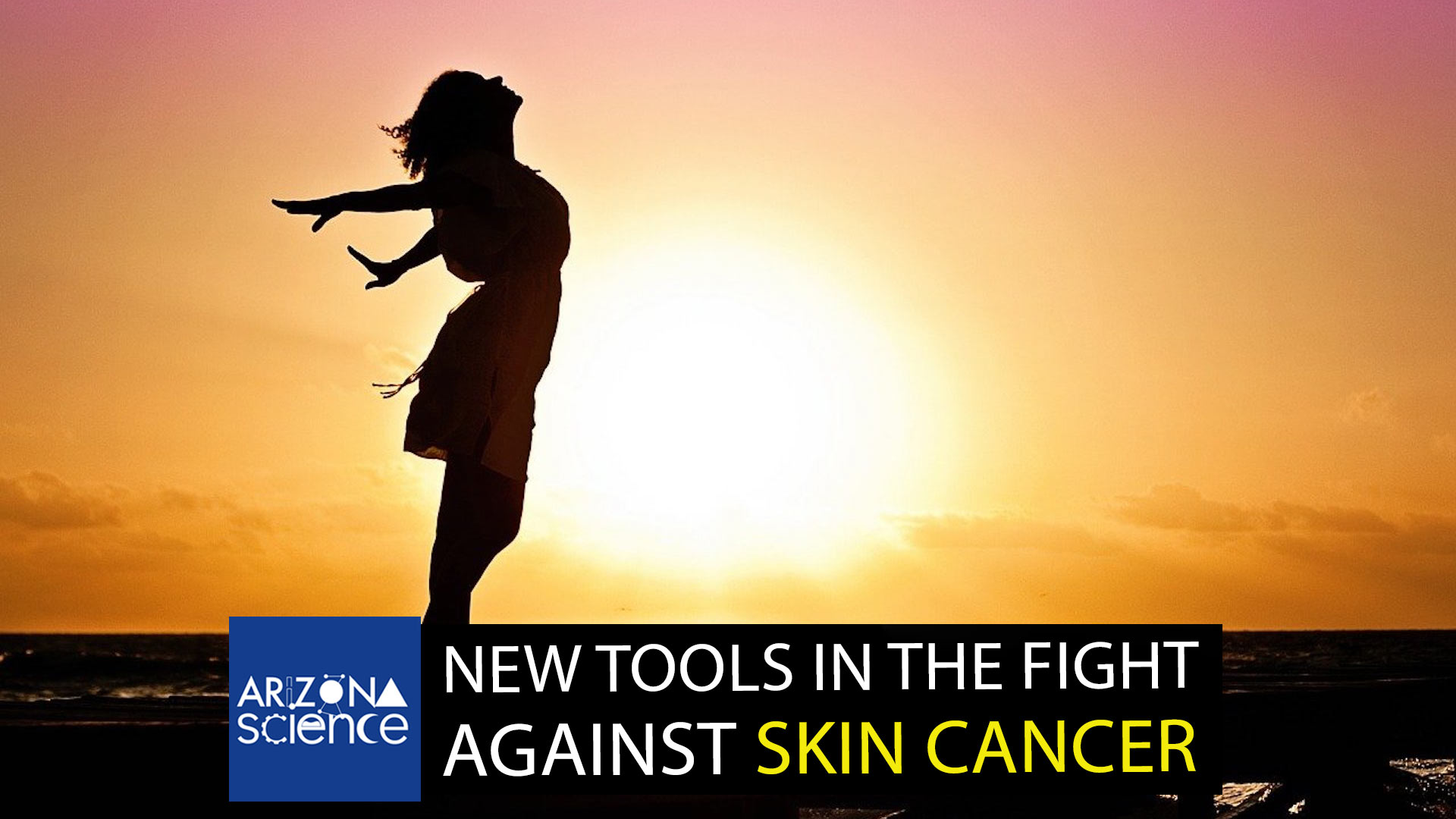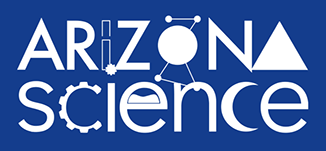 Sun worship
Sun worship
Photo illustration: Mark Tisdale
Some people who develop skin cancer don't have pale skin or red hair. The University of Arizona Skin Cancer Institute's Clara Curiel is identifying specific biomarkers that can identify those who don't typically fall within high-risk groups.
Clara Curiel spoke with Leslie Tobert, Ph. D. Regent's professor emerita in Neuroscience at the University of Arizona.
Catch Arizona Science each Friday during Science Friday on NPR 89.1. You can subscribe to our podcast on Apple Music, Spotify, Amazon Music, or the NPR App. See more from Arizona Science.
MORE:




By submitting your comments, you hereby give AZPM the right to post your comments and potentially use them in any other form of media operated by this institution.